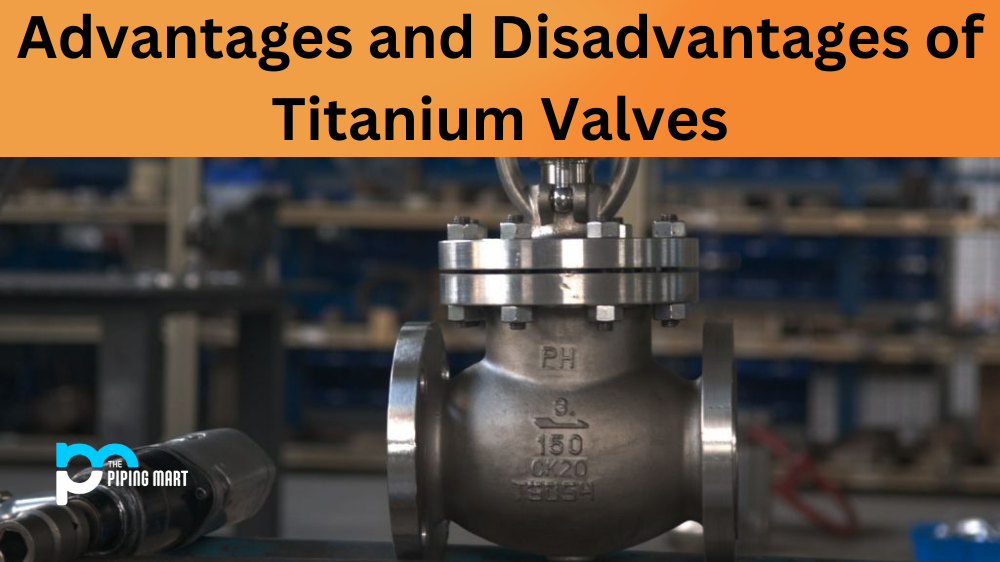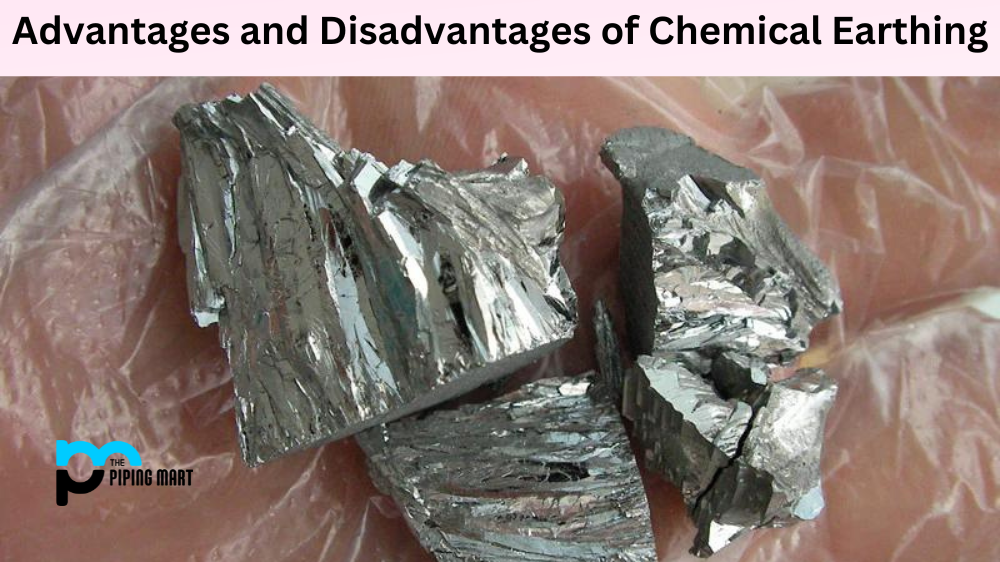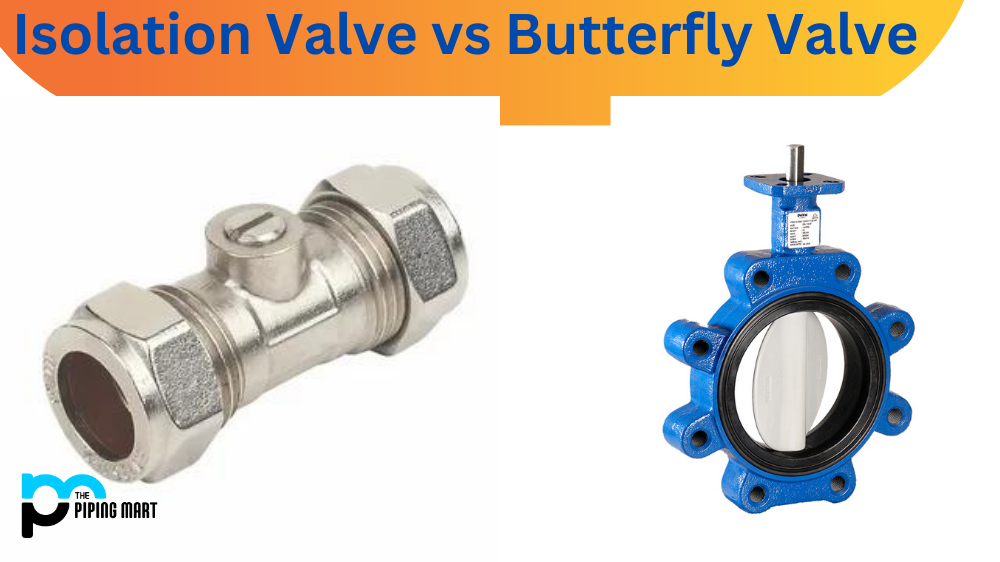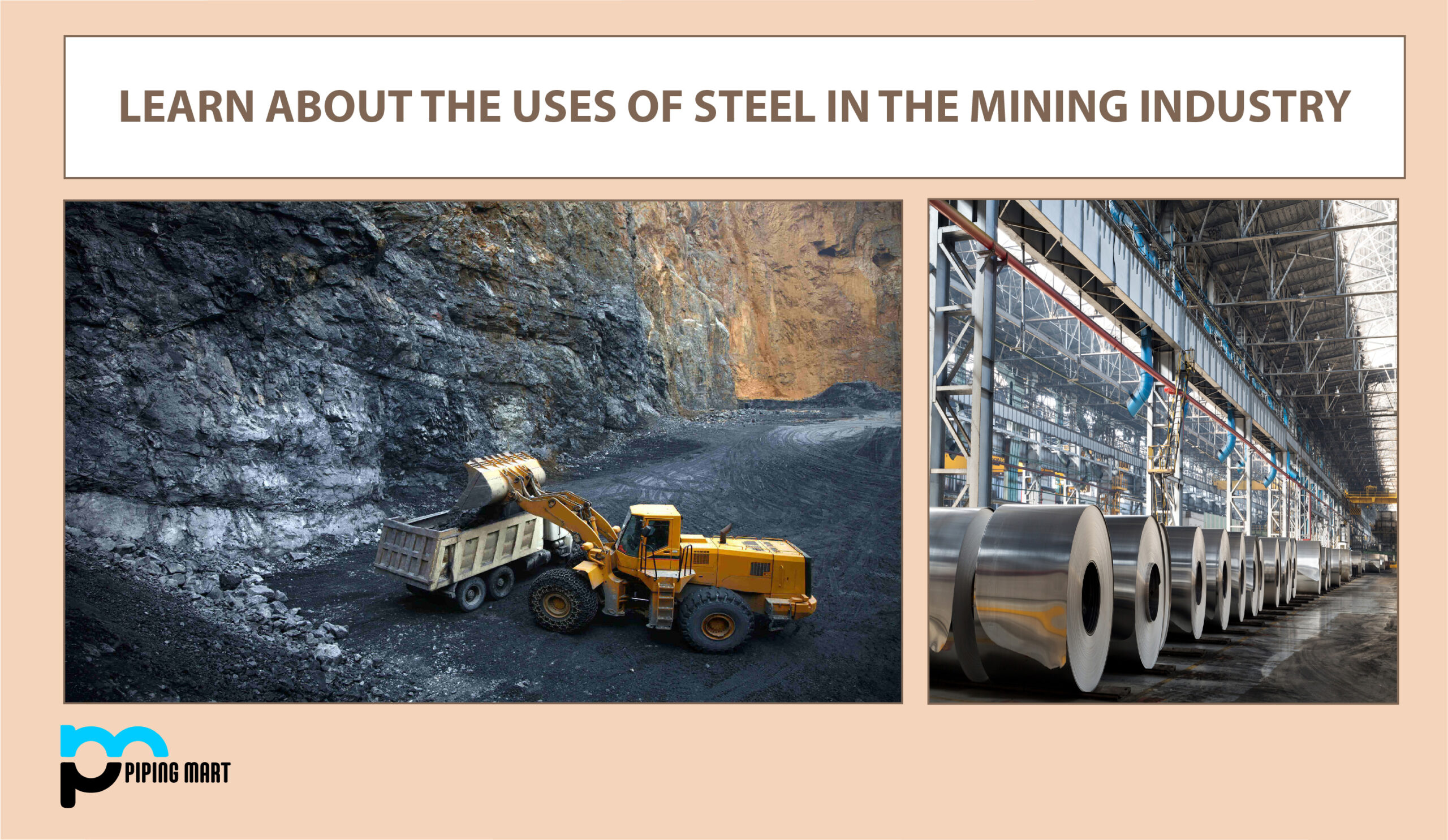Titanium valves are often used in industrial and automotive applications due to their strength, durability, and corrosion resistance. They provide an ideal solution for high-performance and high-temperature applications like engines and exhaust systems. In this blog post, we’ll discuss the advantages and disadvantages of titanium valves.
Advantages of Titanium Valve
Titanium is extremely strong yet lightweight at the same time. This makes it an ideal material for valve manufacturing since it can withstand higher temperatures and pressures than other metals. Additionally, titanium is non-corrosive and does not react with oxygen, so it will last much longer than steel or aluminium valves. The combination of lightweight and strength also allows for more efficient engine operation as well as improved fuel economy. Lastly, titanium valves are relatively inexpensive compared to other materials, such as stainless steel or bronze.
- Titanium is a very strong metal that is much lighter than other metals used for valves, such as steel. This makes it ideal for use in high-performance engines where weight is a concern.
- Titanium valves are also very resistant to wear and tear. This means that they will last longer and require less maintenance than valves made from other materials.
- Titanium valves also have a much higher heat resistance than other materials. This makes them ideal for use in engines that operate at high temperatures, such as turbocharged or supercharged engines.
- Titanium valves can also be made with very tight tolerances. This means that they can be designed to open and close more precisely, which can improve engine performance.
- Finally, titanium valves look great! They have a shiny, polished appearance that really makes an engine stand out from the crowd.
Disadvantages of Titanium Valve
The main disadvantage of titanium valves is that they are typically more expensive than other valve materials. Additionally, they require specialized tools to be manufactured properly; hence they may take longer to produce than other types of valves. Finally, titanium valve stems can be prone to wear over time due to the presence of abrasive particles in the engine environment; however, this issue can be mitigated by using harder coatings on the valve stems.
- Titanium valves can be expensive.
- Titanium valves can be difficult to find.
- Titanium valves can be difficult to install.
- Titanium valves can be difficult to maintain.
- Titanium valves can be noisy.
Conclusion:
In conclusion, titanium valves offer a number of advantages over other types of valves, including strength, durability, corrosion resistance, lightweight, low cost and long life expectancy – making them a great choice for industrial and automotive applications where performance matters most! However, there are still some drawbacks, such as higher costs compared to other materials and longer production times due to specialized tooling requirements. Ultimately it is up to you which type of valve you choose depending on your application requirements!

A passionate metal industry expert and blogger. With over 5 years of experience in the field, Palak brings a wealth of knowledge and insight to her writing. Whether discussing the latest trends in the metal industry or sharing tips, she is dedicated to helping others succeed in the metal industry.




